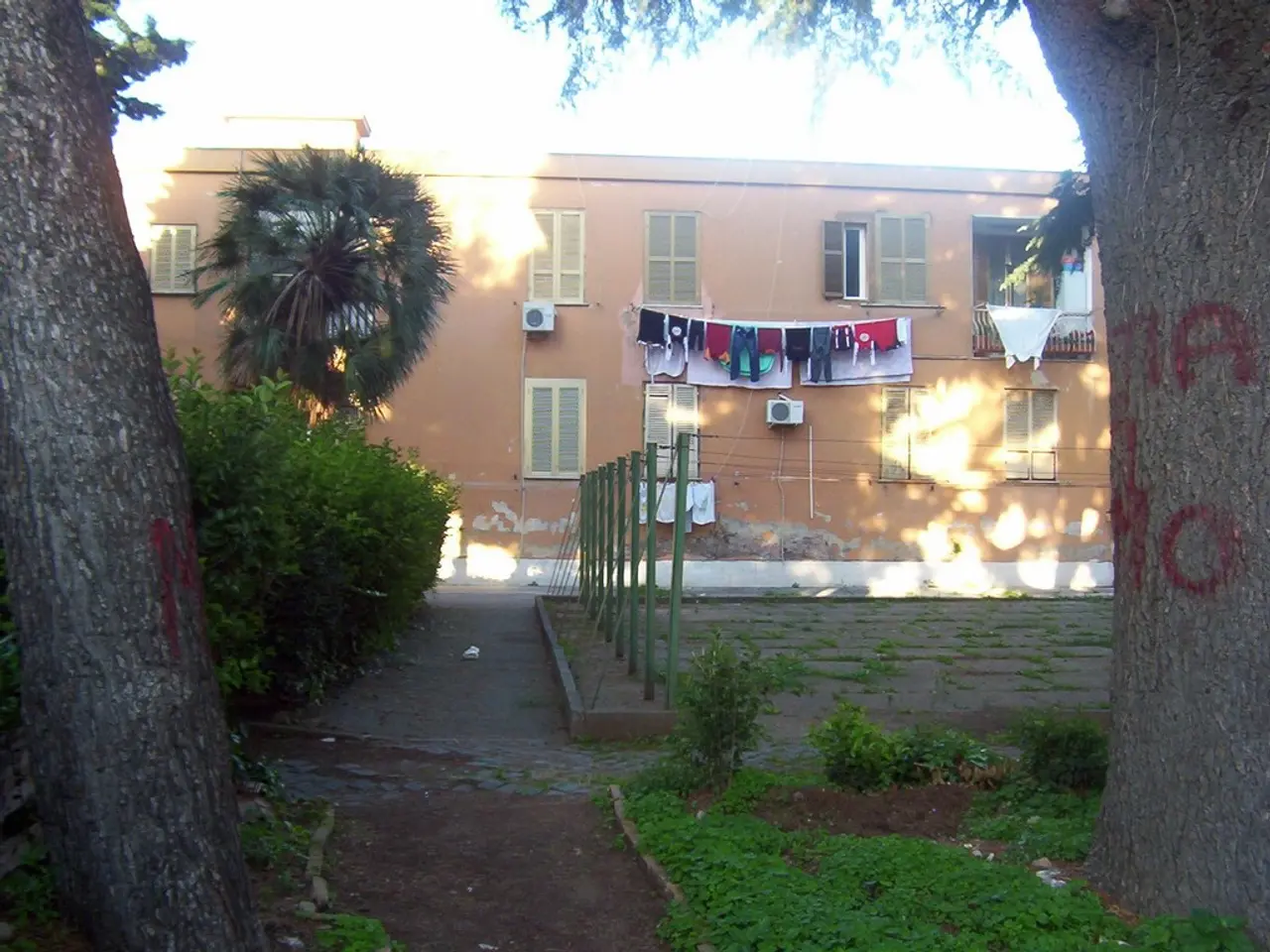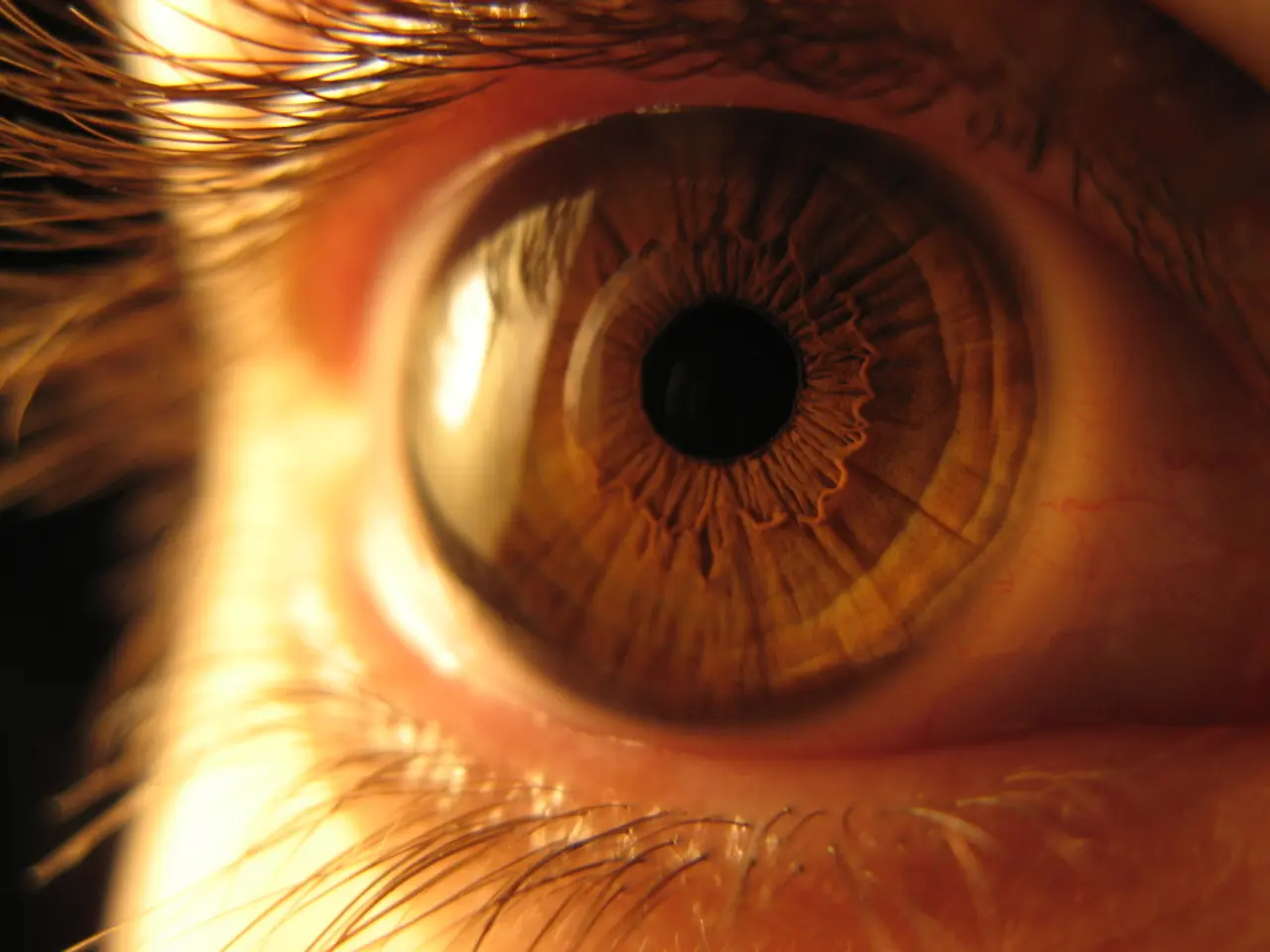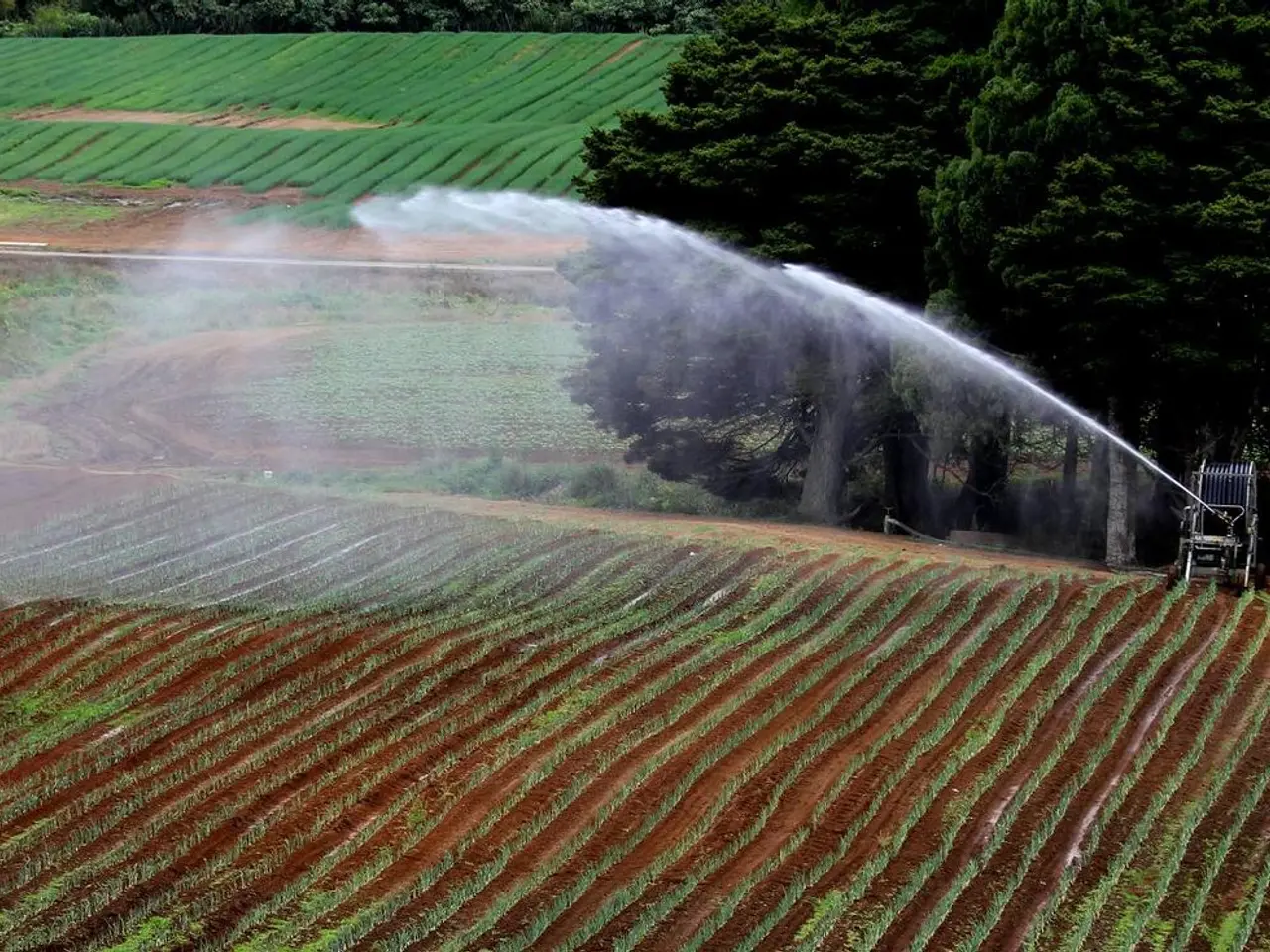Heatwave causes severe health issues: Over 200 individuals in Seoul experience heat stroke, prompting the elevation of the crisis level
In the sweltering summer of 2022, Seoul, South Korea, has been experiencing an intense heatwave, with temperatures soaring and humidity levels reaching uncomfortable heights. The Korea Meteorological Administration (KMA) has been issuing heatwave impact forecasts based on temperature and humidity levels, as part of a tiered alert system.
This system includes four stages: watch, caution, warning, and danger. For Seoul's typical humidity of around 78%, alerts correspond to temperature thresholds of 29-30°C for watch, 31-32°C for caution, 33-35°C for warning, and 36°C or higher as danger level.
One of the concerning impacts of this year's heatwave is the early onset of tropical nights, where nighttime temperatures remain above 25°C. In 2022, tropical nights in Seoul began in June and have continued in subsequent years.
The intense heat has taken a toll on the health of the city's residents. Between May and June 2022, there were around 350 cases of heat-related illnesses reported in various regions, including Seoul. The high fatality rate from heatstroke is a stark reminder of the dangers posed by the heatwave. Local health authorities have been closely monitoring and responding to these health impacts.
The high temperatures and heat indices have triggered various heatwave warnings, with the KMA and other agencies providing forecasts and advisories to inform the public and reduce heat-related damage. An electric board in Yeouido, western Seoul, displayed a heat advisory warning, while citizens could be seen resting under sprinklers at a park in Seongdong District.
Emergency responders were on the scene to attend to an older adult who collapsed near Seoul Station due to the record-breaking heatwave on July 9. Despite the challenges posed by the heatwave, the established system of staged alerts and health surveillance has been actively used to respond to the heatwave conditions in Seoul.
In summary, Seoul's primary heatwave responses in summer 2022 have centred on a tiered alert system aligned with temperature and humidity, early occurrence of tropical nights indicating intensified heat, close health monitoring for heat-related illnesses, and public advisories issued by meteorological authorities. These measures aim to keep the city's residents safe and comfortable during the intense heatwave.
The government and health authorities have been closely monitoring heat-related illnesses in the city, with calls to the industry for an increase in health-and-wellness services to help alleviate the strain on the health system. In response, the science community has stepped up efforts to develop innovative cooling solutions, as part of an initiative backed by various businesses. Meanwhile, the weather bureau continues to issue heatwave warnings, urging citizens to stay indoors during the hottest hours of the day and to take precautions for their health.




